‘The Ocean is Overflowing’: UN Warns Rising Seas Could Lead to ‘Worldwide Catastrophe’
The UN has issued a dire warning: rising sea levels could soon become a “worldwide catastrophe.” UN Secretary-General Antonio Guterres highlighted this grave danger during a recent visit to Tonga on August 27, 2024.
His call to action urges immediate global response to safeguard vulnerable regions, especially the Pacific Islands, from the devastating impacts of climate change.
Pacific Islands on the Frontline
The Pacific Islands are at the forefront of the climate crisis. With 90% of the population living within 5 kilometers of the coast, these islands face severe threats from rising sea levels.
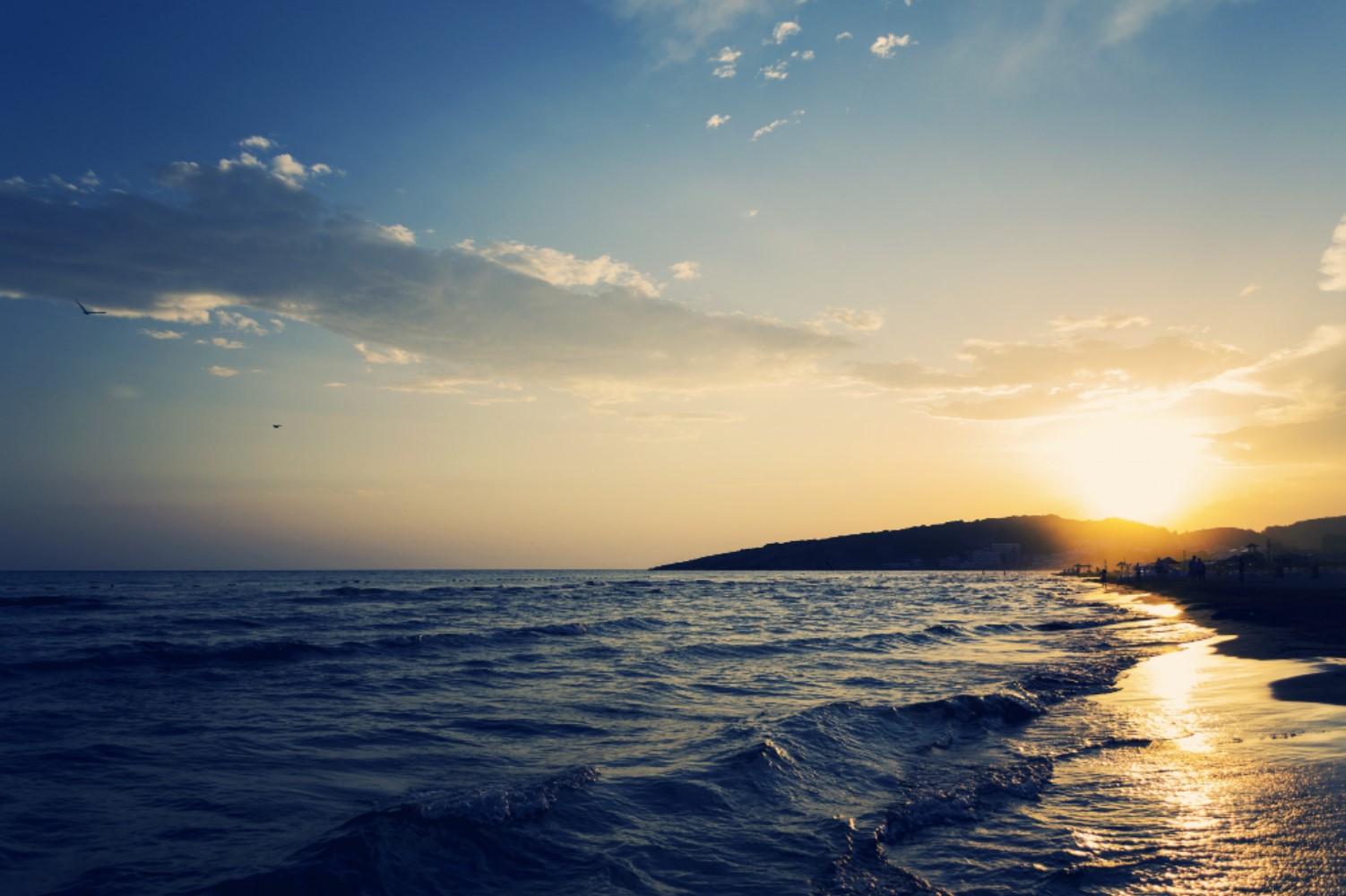
Source: Wikimedia
The region’s average elevation is only 1-2 meters above sea level, making it uniquely exposed to flooding, storms, and other climate-related disasters.
The Ocean’s Alarming Changes
Over the past three decades, sea levels in the Southwest Pacific have risen nearly twice as fast as the global average. This rapid increase is due to the ocean absorbing 90% of global heating, as highlighted in the World Meteorological Organization’s recent report.
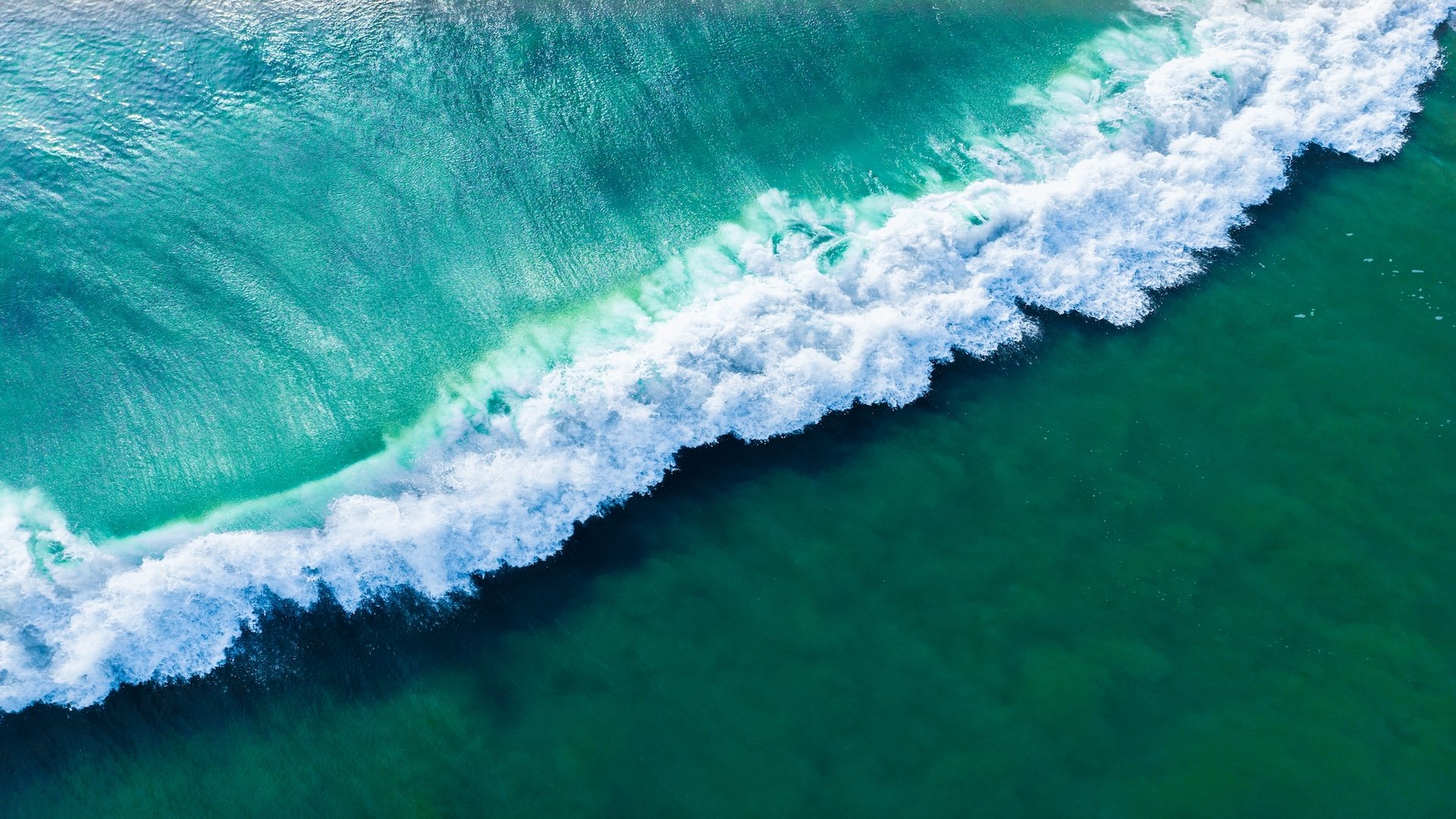
Source: wirestock/freepik
As the ocean heats, water expands, contributing to higher sea levels that threaten coastal communities.
SOS from the Pacific
During a meeting at the Pacific Islands Forum in Tonga, Guterres issued a global SOS — “Save Our Seas.”
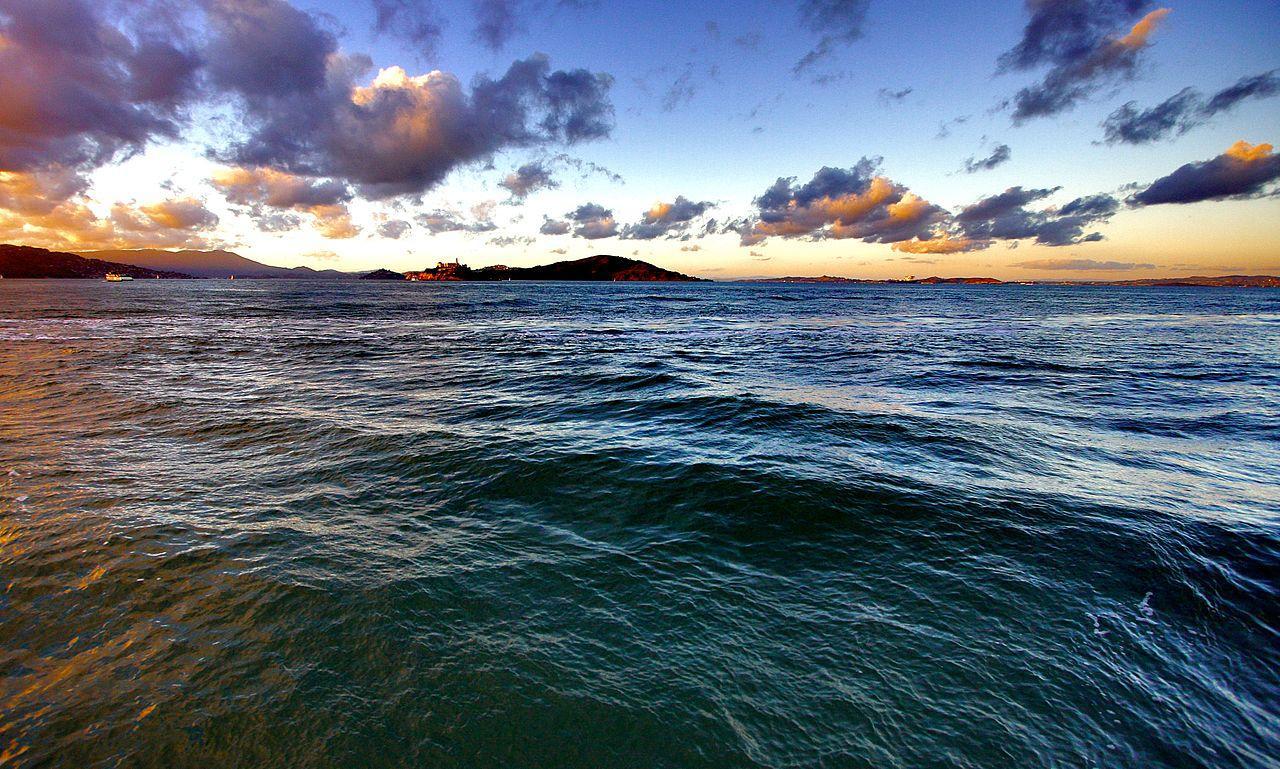
Source: Wikimedia
He warned of the unprecedented scale of the crisis, describing the ocean as “overflowing” and calling on world leaders to act before it’s too late.
Marine Heatwaves on the Rise
Marine heatwaves have almost doubled in frequency since 1980, becoming more intense and longer-lasting. The Southwest Pacific, in particular, has seen temperatures rise three times faster than the global average.
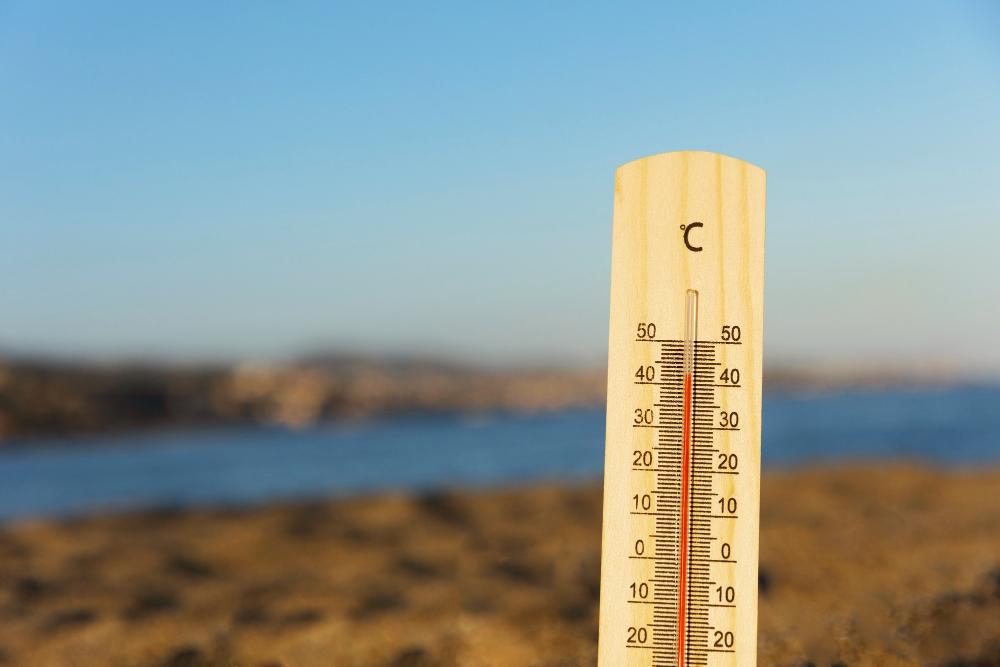
Source: Wikimedia
These heatwaves are devastating marine ecosystems and impacting the livelihoods of those who depend on the ocean.
The Triple Whammy Impact
Pacific Islands face a “triple whammy” of ocean heating, rising sea levels, and ocean acidification. This deadly combination is eroding coastlines, contaminating freshwater sources, and damaging crops.
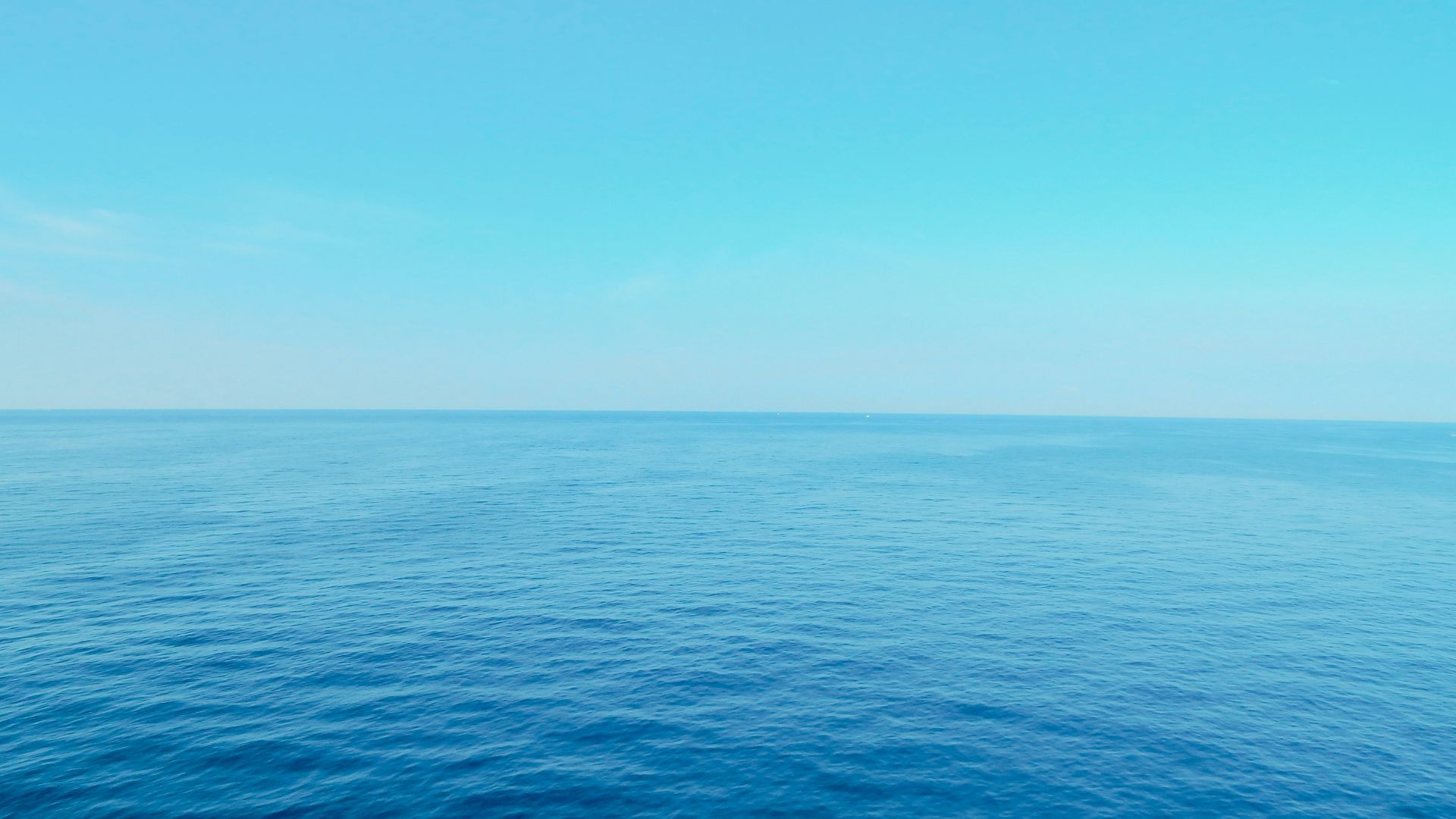
Source: Sarah Brown/Unsplash
It’s not just about rising waters. The very foundation of life on these islands is being eroded, affecting food security and access to clean water.
A Region in Peril
In 2023 alone, the Southwest Pacific experienced 34 storm or flood-related hazard events, resulting in over 200 deaths and affecting 25 million people.
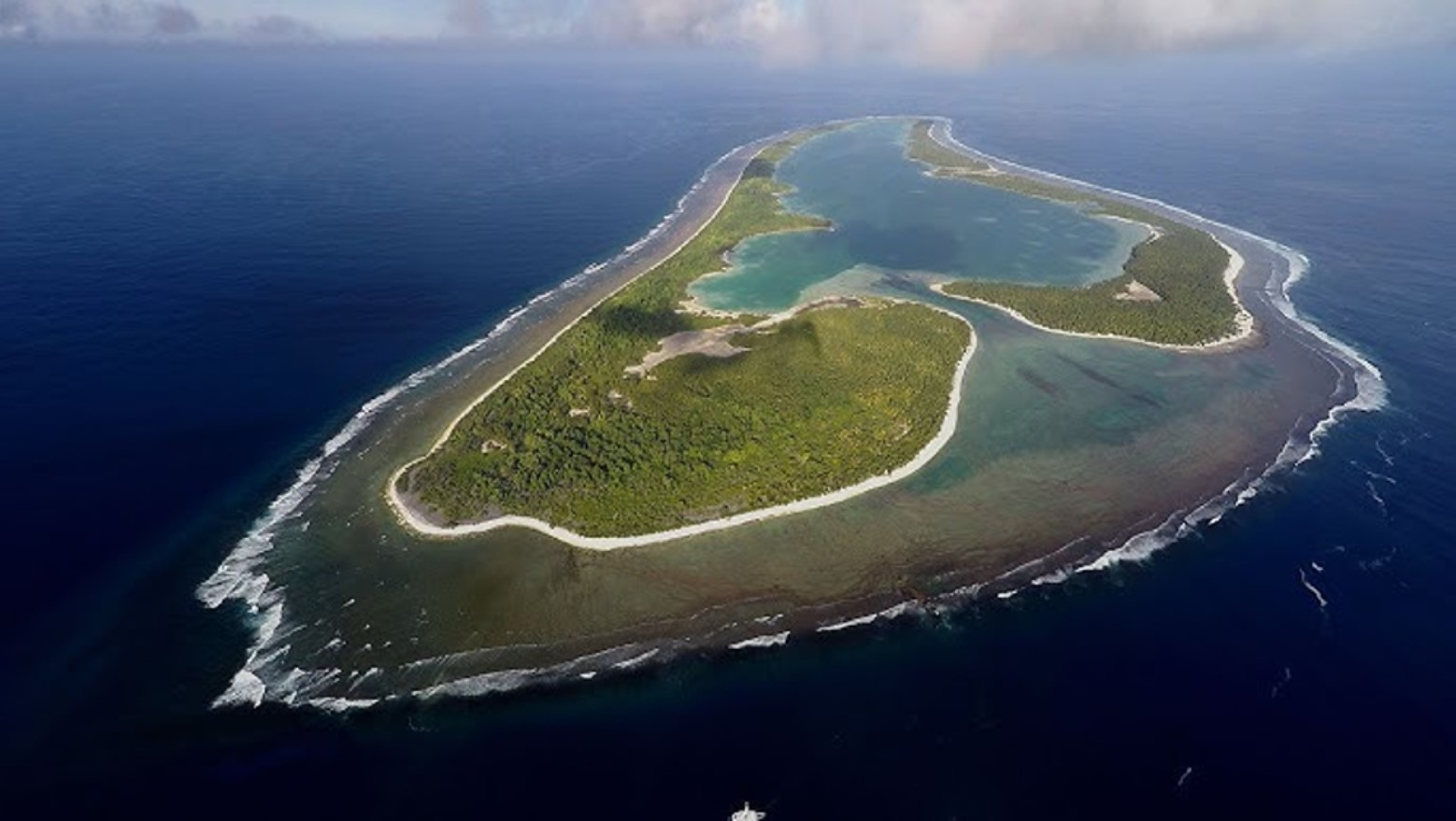
Source: YouTube
These events, fueled by the rising seas and warming oceans, highlight the immediate dangers faced by Pacific communities, where storms are becoming more frequent and severe.
Human-Caused Crisis
The climate crisis, described as “entirely of humanity’s making,” is accelerating the threat of rising seas. Fossil fuel combustion releases heat-trapping pollution that has caused global heating.
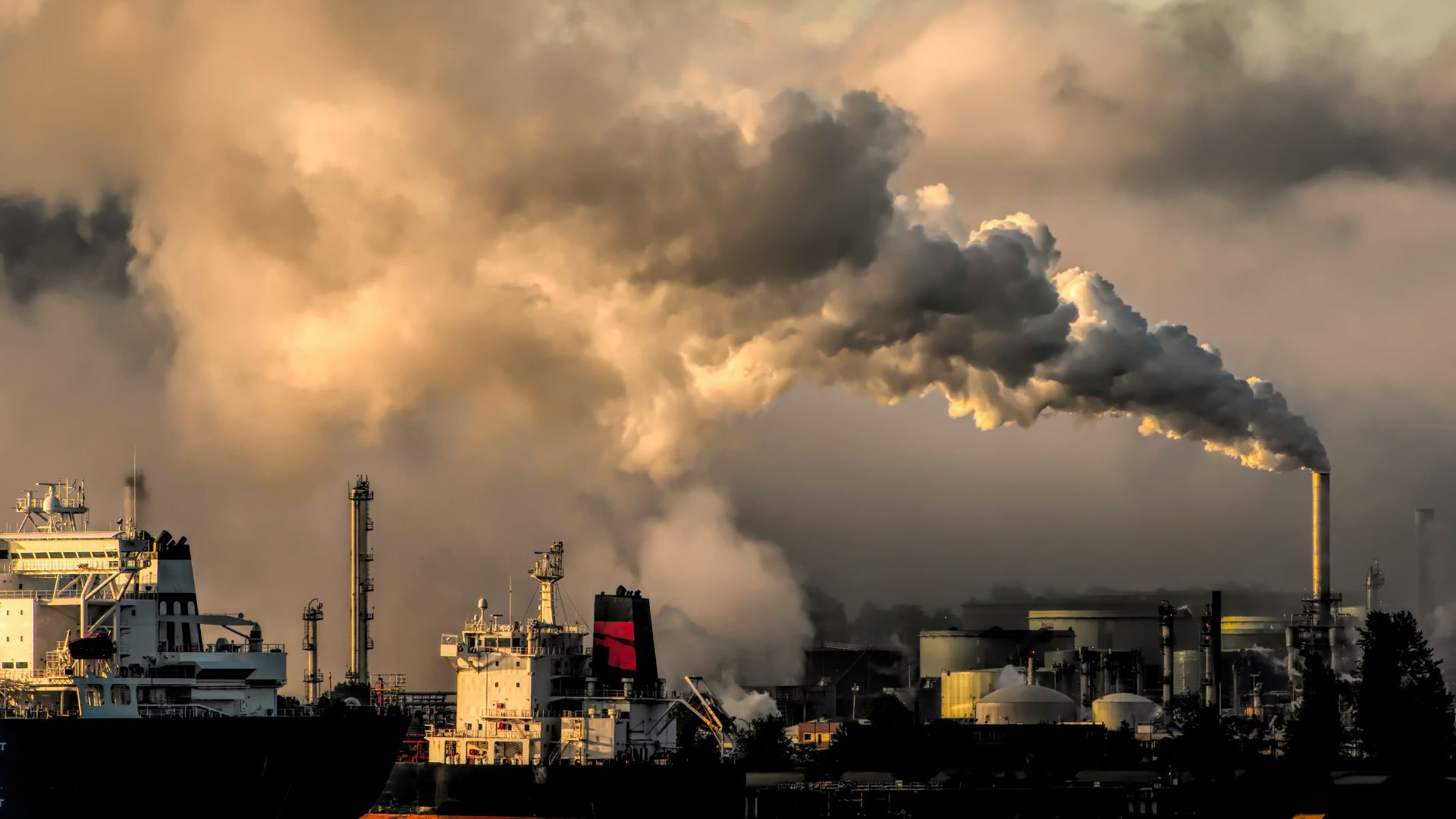
Source: Chris Leboutillier/Unsplash
The Intergovernmental Panel on Climate Change (IPCC) concluded in 2021 that the rapid sea level rise we are witnessing is unprecedented in at least the last 3,000 years.
The Threat of Climate Tipping Points
Emerging research warns of climate “tipping points” that could cause rapid and irreversible changes to the Earth’s climate system.
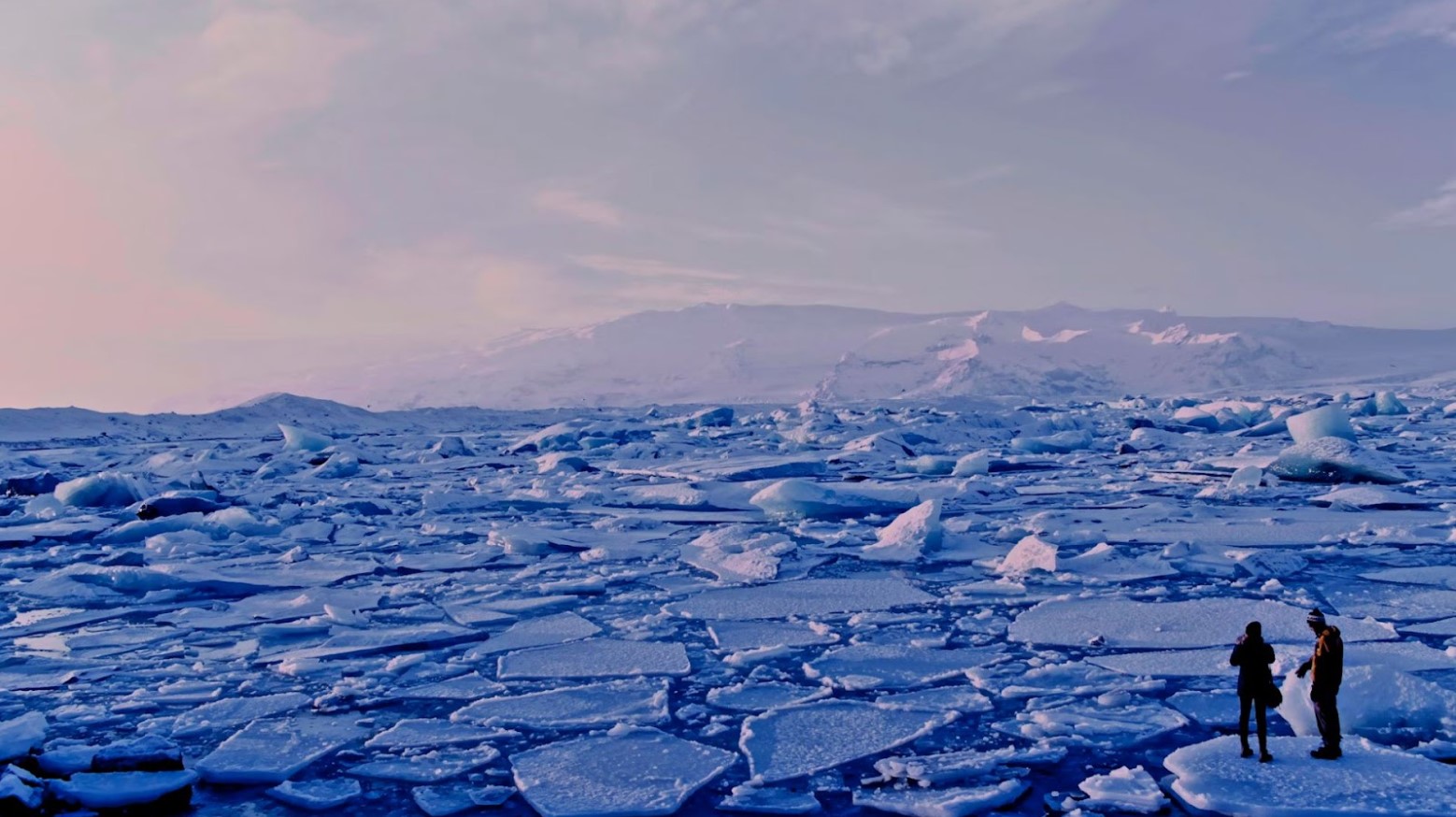
Source: Roxanne Desgagnés/Unsplash
Guterres cautioned that ice sheet dynamics could lead to much larger and faster sea-level rise than previously thought, pushing global communities to the brink of disaster sooner than expected.
A Global Call to Action
Guterres called on global leaders to “step up” their efforts at the upcoming COP29 summit.
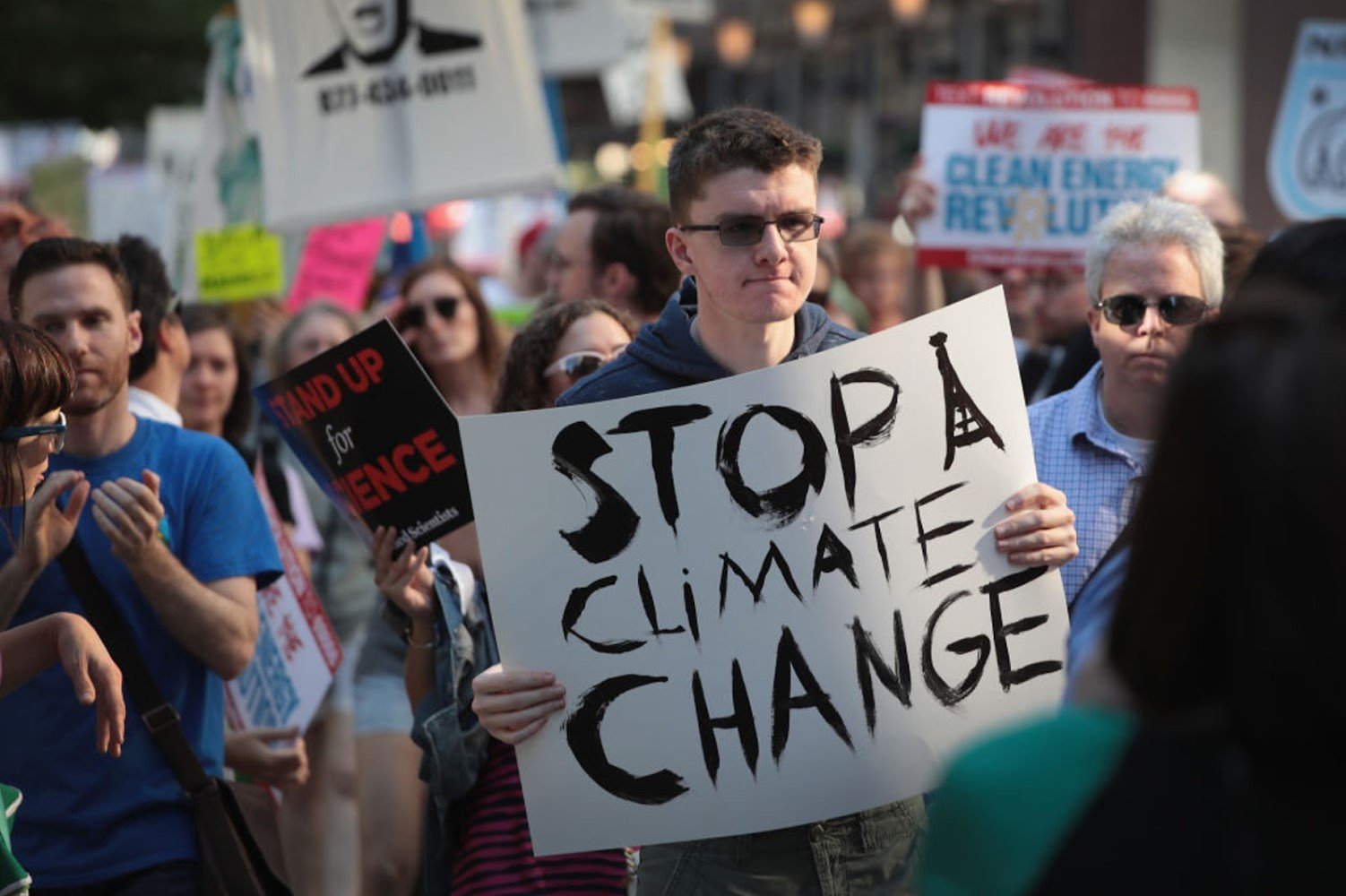
Source: Scott Olson/Getty Images
He stressed the need for drastic emission cuts and increased investment in climate adaptation to limit global warming to 1.5 degrees Celsius.
The Need for Global Solidarity
Despite contributing just 0.02% of global emissions, the Pacific Islands suffer disproportionately from the effects of climate change.
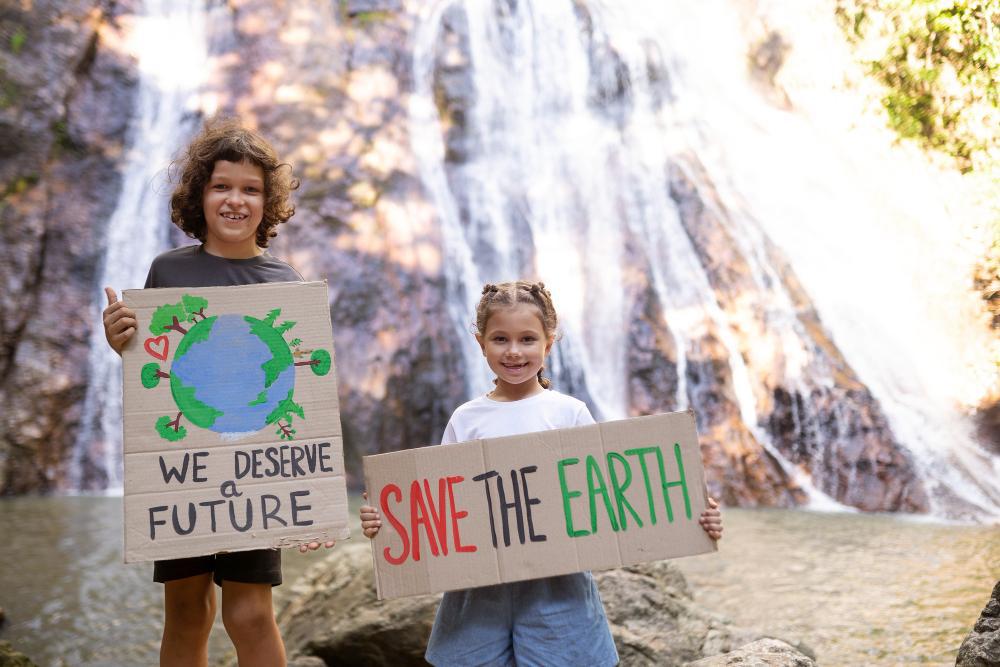
Source: Freepik
Guterres emphasized the importance of global solidarity and support for vulnerable countries, urging wealthier nations to honor their financial commitments to help these regions build resilience against climate impacts.
'Saving the Pacific, Saving Ourselves'
“Surging seas are coming for us all,” Guterres warned, conveying the global nature of the threat. The world must look to the Pacific for lessons in resilience and urgency.
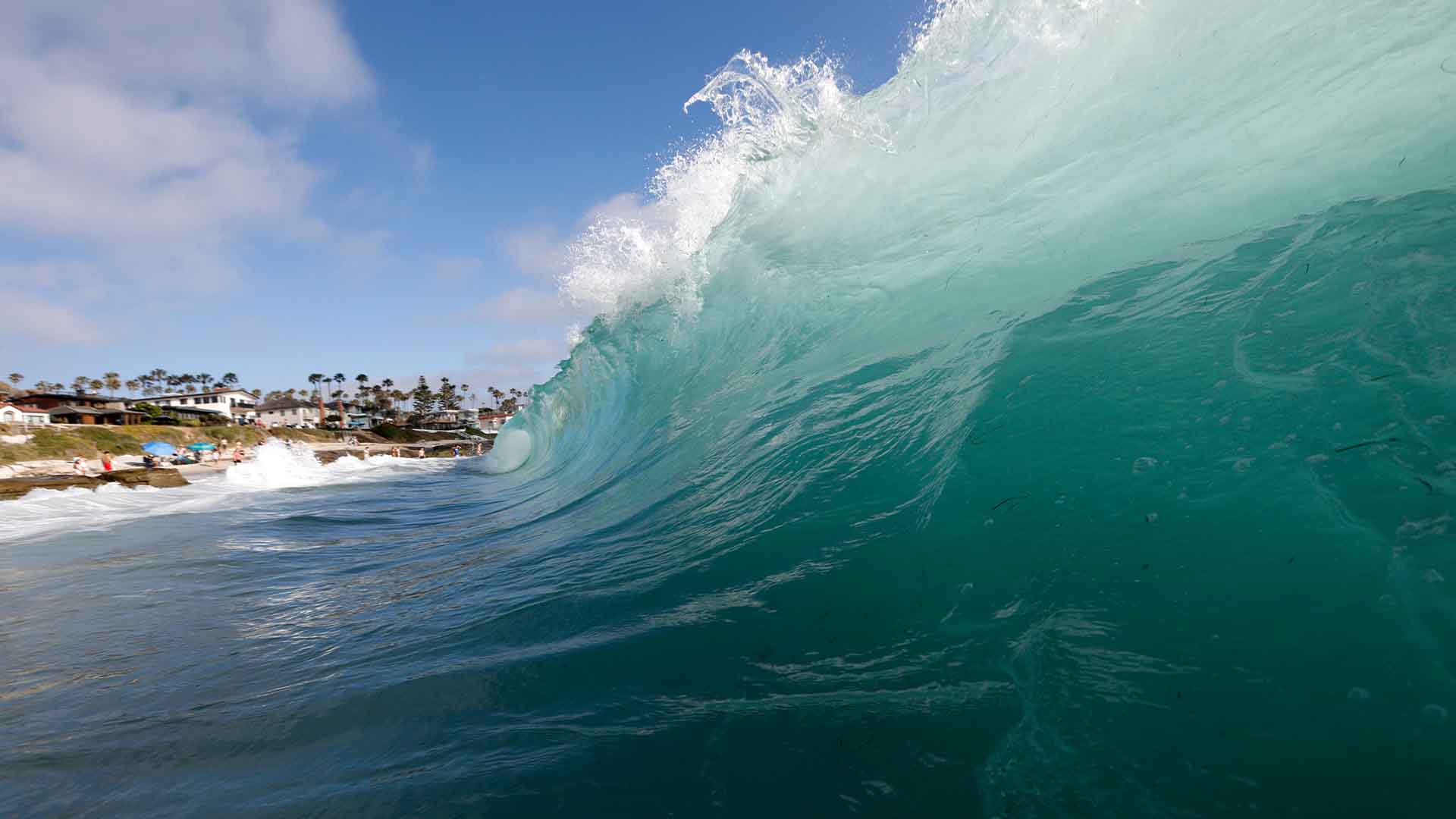
Source: Kevin Carter/Getty Images
As Guterres said, “If we save the Pacific, we also save ourselves.” It’s a call for unity and immediate action to mitigate a crisis that knows no borders.
